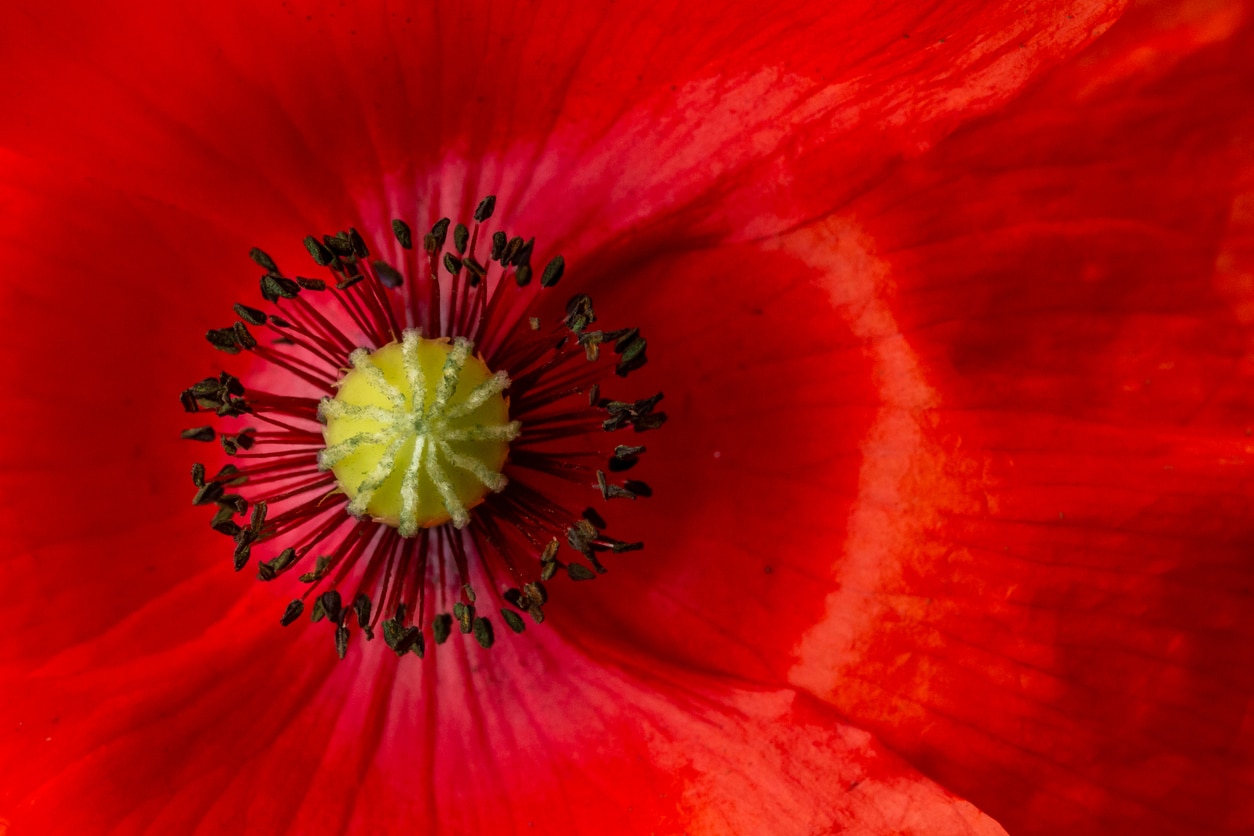November 11-én délelőtt 11-kor az Egyesült Királyságban megemlékeznek a háborúkban elesett emberekről. A megemlékezést mindig a november 11-i naphoz legközelebb eső vasárnap tartják.

Remembrance Day in the UK is the 11th of November and this is a day when people honour the memories of those who died fighting for their country.
On the 11th of November or the second Sunday of November at 11 a.m. the UK joins together to mark the day with a two-minute silence.
Remembrance Day is the 11th of November because the Armistice, to mark the end of World War I, started at 11 a.m. on the 11th of November, 1918.
Originally it was called the Armistice day but was later renamed Remembrance Day after World War II.
To mark Remembrance Day people in the U.K. wear red poppies attached to their clothes, usually their coat. Due to poppies being so interlinked with Remembrance Day, it is also sometimes known as Poppy Day. The poppies are sold by the Royal British Legion, a charity that helps and supports War veterans.
Throughout the country Poppy wreaths are laid at war memorials and ceremonies are held. The main ceremony to mark Remembrance Day happens at the Cenotaph, in Whitehall central London. The Queen and other Members of the Royal Family join political leaders, current and ex-members of the Armed Forces and World War veterans at the foot of the Cenotaph memorial.
As the bells of Big Ben toll eleven, and a single gun on Horse Guards Parade is fired, two minutes of complete silence is held in remembrance of all lost in war. After that Her Majesty and others, including High Commissioners from the Commonwealth, lay wreaths of poppies at the foot of the Cenotaph.
After a short religious service, the National Anthem is sung and The Queen departs. War veterans then march in a slow procession past the Cenotaph to show their respects. A Member of the Royal Family takes the salute as the war veterans finish their route.
In 1915 Lieutenant Colonel John McCrae wrote a poem in tribute to all those who had died during the World War I. He called the poem ’In Flanders Field’ and referred to poppies. Poppies bloomed across some of the worst battlefields of Flanders in World War I.
After Moina Michael, a professor at the University of Georgia, read this poem, she wrote the poem ’We Shall Keep the Faith’ and swore to wear a poppy on the anniversary. The custom spread to Europe and the countries of the British Empire and Commonwealth within three years. Poppies were first worn at the 1921 anniversary ceremony.
sources:Learn English with EnglishClass101.com, royal.uk and Why do people wear a red poppy? in Speak English With Mr Duncan
Vocabulary
|
to honour |
tisztelni |
|
Armistice |
fegyverszünet |
|
Allies |
Szövetségesek |
|
poppies |
pipacsok |
|
to be interlinked |
össze van fűződve |
|
to lay wreaths |
koszorúkat elhelyezni |
|
to toll |
elütni (harang) |
|
Anthem |
Himnusz |
|
procession |
felvonulás |
|
to take the salute |
fogadni az üdvözletet |
|
in tribute to |
tisztelgésként |
|
to swear (swore, sworn) |
esküt tenni |





